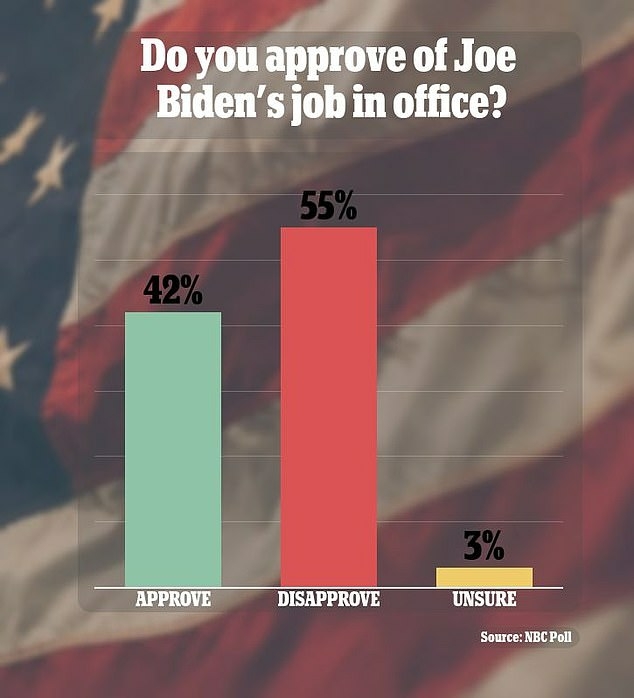As rising food prices continue to wreak havoc around the world, consumers are finding some respite in cooking oil, coffee and avocados.
The prices of these foods are starting to fall, although they still remain relatively high, according to the latest food price data.
In Asia-Pacific, Indian sunflower oil and palm oil prices fell 7% and 12% respectively between the end of May and June, agricultural commodities data group Tridge said.
During the same period, palm oil prices in Bangladesh fell by almost 25%.
In Vietnam, wholesale coffee prices fell by almost 5% in July compared to the start of the war in Ukraine in late February.
On the other side of the world, avocado prices in top producers Mexico, Peru and Colombia have fallen, says Tridge, who has an overview of food commodity prices through the trade he facilitates.
Avocado prices from top producers Mexico, Peru and Colombia fell, according to Tridge, an agricultural data group.
Luis Antonio Rojas | Bloomberg | Getty Images
Wholesale Mexican avocado prices fell 27% between June and July, while Colombian avocado prices fell nearly 40%.
In the case of avocados, however, other forces are at play. The avocado market has been hit by an oversupply of Peruvian avocados, which has also had the effect of lowering avocado prices in the region, Tridge said.
Recessionary fears
Price inflation encourages consumers to limit consumption of certain foods, even though they are essential, and there are also concerns about food security. This may interest you : The closure of Vons in Vista deepens food insecurity for many.
In addition, fears of a looming recession are forcing them to tighten their belts, said Minwoo Nam, a spokesman for Tridge.
“The market is affected by several factors. First of all, the fear of a global recession reduces the demand outlook,” said Nam.
“Also because prices were too high, consumers are spending less or looking for substitutes,” he said, citing sunflower oil as an example.
Food traders and other market participants told Tridge that some hedge funds have also started liquidating their positions in the commodity.
However, as consumers adjust their spending, it does not mean that food inflation is completely under control, Nam said.
A woman shops at a supermarket as rising inflation affects consumer prices in Los Angeles, California on June 13, 2022.
“We can say that food inflation concerns have eased somewhat, but the prices of many agricultural products are still high compared to average years. Contractionary policies are definitely affecting the market,” Nam said.
However, it has not turned around so much that no one is spending, Nam added.
Supply chain disruption
Food shortages remain due to disruptions in supply chains, and demand for food remains buoyant. Read also : 50 billion Chipotle search for the future of fast food.
But at least for now, some efforts by governments and central banks have started to cool food prices, Nam says.
It does not seem likely that food prices will suddenly fall into recessionary territory. However, the probability of sharper inflation has decreased.
“Supply chain disruptions continue to affect the market and raise prices for many products,” Nam said.
“It does not seem likely that food prices will suddenly fall into recessionary territory. But the likelihood of sharper inflation has decreased.”
The Food and Agriculture Organization of the United Nations food price index was still hovering near record highs in June, while it fell for the third month in a row in March. The food index tracks the monthly change in global prices of a basket of food commodities.
June’s drop reflects lower international prices for vegetable oil, grains and sugar, but dairy and meat prices rose, the UN food agency said.
The FAO Cereal Price Index also showed that international prices of food such as wheat eased in June compared to May, but were still very high after May’s near-record levels. Prices are still 48.5% higher than the same time last year.





